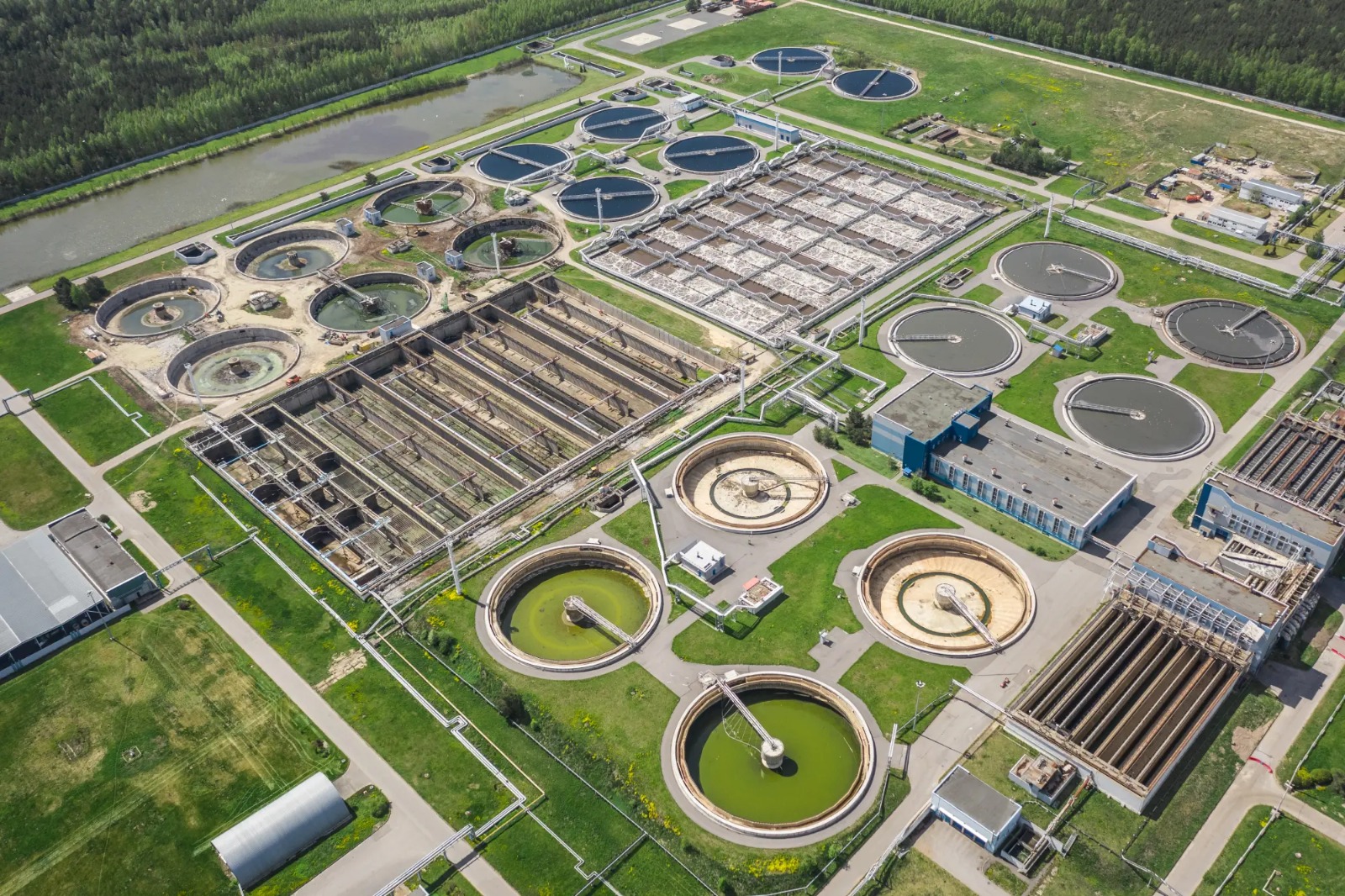In today’s rapidly evolving environmental landscape, water purification is no longer just about cleaner water — it’s about smarter, greener solutions that prioritize sustainability as much as performance. Whether you’re a homeowner upgrading your filtration system or an industrial facility focused on compliance and eco-conscious operations, one name stands out for its natural origin and efficient filtration capabilities: coconut shell activated carbon.
Made from the renewable and often discarded by-product of coconuts, this filtration medium is quietly revolutionizing the way we treat water. More people are turning to this material not only because it works exceptionally well but also because it aligns with global efforts to reduce waste, emissions, and energy consumption.
If you’re looking to improve your filtration system with eco-conscious materials, working with a top-rated activated carbon manufacturer is the first step toward upgrading to a cleaner and greener water purification solution.
What Makes Coconut Shell Activated Carbon Different?
Activated carbon has long been used in water filtration, but the source material plays a key role in how effective — and sustainable — it truly is. Coconut shells, often considered agricultural waste, are now being repurposed to create highly porous carbon structures that perform exceptionally well in filtration systems.
Unlike bituminous coal or wood-based activated carbon, coconut shell carbon has:
- Higher micro-porosity, which is ideal for absorbing small organic molecules.
- Greater mechanical strength, making it more durable in repeated cycles.
- Lower ash content, contributing to more effective contaminant removal.
- Smaller ecological footprint, as it’s derived from a renewable source.
These advantages make coconut shell activated carbon a win-win solution for both performance and environmental responsibility.
The Science Behind the Filtration
When water passes through activated carbon, contaminants are trapped via a process called adsorption, where molecules adhere to the surface of the carbon. Coconut shell carbon stands out because of its superior adsorption capacity, particularly for volatile organic compounds (VOCs), chlorine, chloramine, pesticides, and many industrial chemicals.
Thanks to the abundant micro-pores in coconut shell carbon, there’s significantly more surface area for contaminants to bond with — often over 1,000 square meters per gram. This high surface area makes it possible to remove even trace amounts of harmful substances, resulting in cleaner, better-tasting water.
Sustainability Starts at the Source
Sustainability isn’t just about recycling or cutting emissions — it begins with the very materials we choose to use. Coconut shell activated carbon takes sustainability to the core:
- Renewable feedstock: Coconut trees continuously produce fruit year-round. This means there’s no need to cut down trees or exploit non-renewable resources.
- Minimal agricultural impact: Coconut plantations are typically smallholder-run and require fewer chemical inputs compared to other crops.
- Waste-to-resource model: Instead of disposing of shells, they are repurposed into high-performance filtration media.
The use of coconut shells for carbon production helps reduce agricultural waste while giving local economies — particularly in tropical regions — a source of income and industry.
Energy-Efficient Production
The production of activated carbon traditionally involves high-temperature processes that consume vast amounts of energy. However, modern facilities producing coconut shell carbon are increasingly using energy recovery methods and cleaner production technologies. In many cases, the shells themselves are used as a fuel source, creating a closed-loop energy system that reduces external energy requirements.
Additionally, since the raw material is more uniform and drier than wood or coal, less energy is needed to activate it. This reduction in energy consumption plays a critical role in reducing the overall carbon footprint of water filtration systems.
Longer Lifespan Means Less Waste
One of the most underappreciated benefits of coconut shell activating carbon is its durability. Because it has high abrasion resistance, it breaks down slower than other carbon types in filtration systems. This means:
- Longer service life for filters.
- Fewer replacements, leading to less waste.
- Lower operational costs over time.
For industrial-scale applications, this is especially important, as frequent replacement of filter media can result in not only higher expenses but also increased environmental impact due to disposal and manufacturing cycles.
Cleaner Water, Cleaner Air
It’s not just water that benefits from coconut shell carbon — air filtration systems that also use it to capture gases, odors, and airborne chemicals. In water filtration specifically, its ability to remove chlorine, chloramine, and VOCs leads to water that’s not only safer but also tastes and smells better. This is particularly beneficial for:
- Municipal water treatment.
- Bottled water production.
- Food and beverage processing.
- Household point-of-use filters.
Consumers and industries alike benefit from water that is free from chemical taints and harmful residues, making this a highly versatile material in multiple purification contexts.
Supporting a Circular Economy
The circular economy is about creating systems that eliminate waste and make the most of resources. Coconut shell activated carbon fits beautifully into this model. Here’s how:
- Inputs are renewable (coconut shells).
- Production processes use internal energy recovery.
- Finished products (carbon filters) are long-lasting.
- Used filters can be reactivated in some cases, extending the material’s life even further.
By participating in this kind of circular model, businesses and municipalities can contribute to sustainable development goals while still meeting the performance standards they require.
Ideal for Modern Water Challenges
Water pollution isn’t just about visible debris anymore. Today’s challenges include trace pharmaceuticals, microplastics, and complex organic molecules. Coconut shell activated carbon is particularly good at removing these emerging contaminants, which are increasingly being detected even in treated municipal water supplies.
Its ability to target a broad spectrum of contaminants makes it suitable for next-gen water filtration systems that aim to stay ahead of regulatory standards and consumer expectations.
Making the Right Choice for the Future
Upgrading your water filtration system is no longer just a maintenance task — it’s a strategic decision that impacts your health, sustainability goals, and bottom line. By choosing coconut shell activated carbon, you’re not only getting state-of-the-art filtration performance, but also aligning with values that prioritize:
- Environmental stewardship.
- Social responsibility.
- Long-term cost-efficiency.
Whether you’re filtering tap water at home or running a water-intensive manufacturing process, the move toward coconut shell carbon isn’t just an upgrade — it’s a commitment to a better future.
Conclusion: A Smart, Sustainable Move
Coconut shell activated carbon is more than just an alternative — it’s a superior and sustainable solution for modern water filtration needs. Its natural origin, exceptional performance, and low environmental impact make it an intelligent choice for anyone serious about cleaner water and a cleaner planet.
From production to application, coconut shell carbon proves that high performance doesn’t have to come at the cost of sustainability. So, if you’re planning your next filtration upgrade, don’t just think about clearer water — think about a cleaner world.



